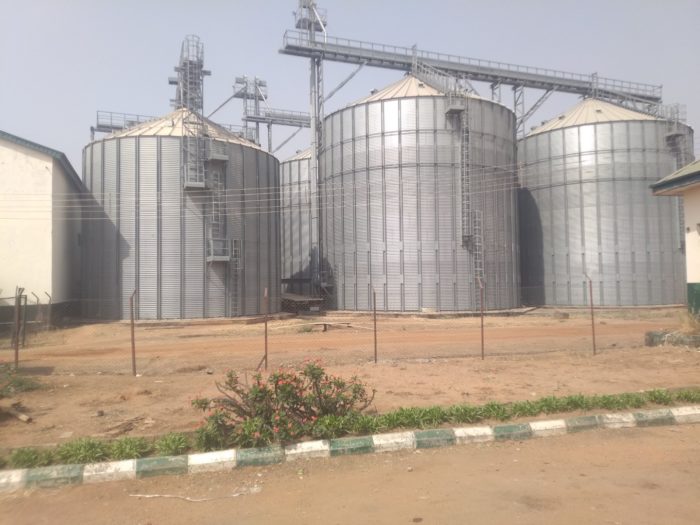This impact indicator only applies to C&I and PU companies. Assuming that for every solar installation provided, there is one business customer benefiting from its new or improved access to energy, the number of businesses powered equals the total number of installations.
Powering Businesses in Nigeria
In Nigeria, SMEs contribute about 48% of the national GDP, account for 96% of businesses and 84% of employment. However, a major challenge encountered by the SMEs is high cost of electricity due to grid inconsistency. Thus, most businesses resort to the use of fossil-fired gensets, with an associated opex of about 5x of grid cost.
In 2018, Rensource embarked on a quest to bridge this power supply gap for SMEs via micro-utilities model – powering economic clusters and businesses. Within 12 months, Rensource powered seven economic clusters across different states in Nigeria and reduced the cost of doing business by ~12%. Thus far, over 8,000 businesses have been powered with the aim to power around 17,000 more by 2021.
One of our latest ongoing projects (pictured here)– a 1MW micro-utility for the one of the largest poultry businesses in Nigeria. The company produces its own feed and has the capacity to produce six hundred thousand eggs daily. Businesses and households in neighboring states across Nigeria depend on the produce of this business to thrive.
By subscribing to Rensource’s solution, this poultry business is expected to reduce energy expense by 15% – 20%, and increase productivity and supply of its produce to dependent businesses and end-users.
